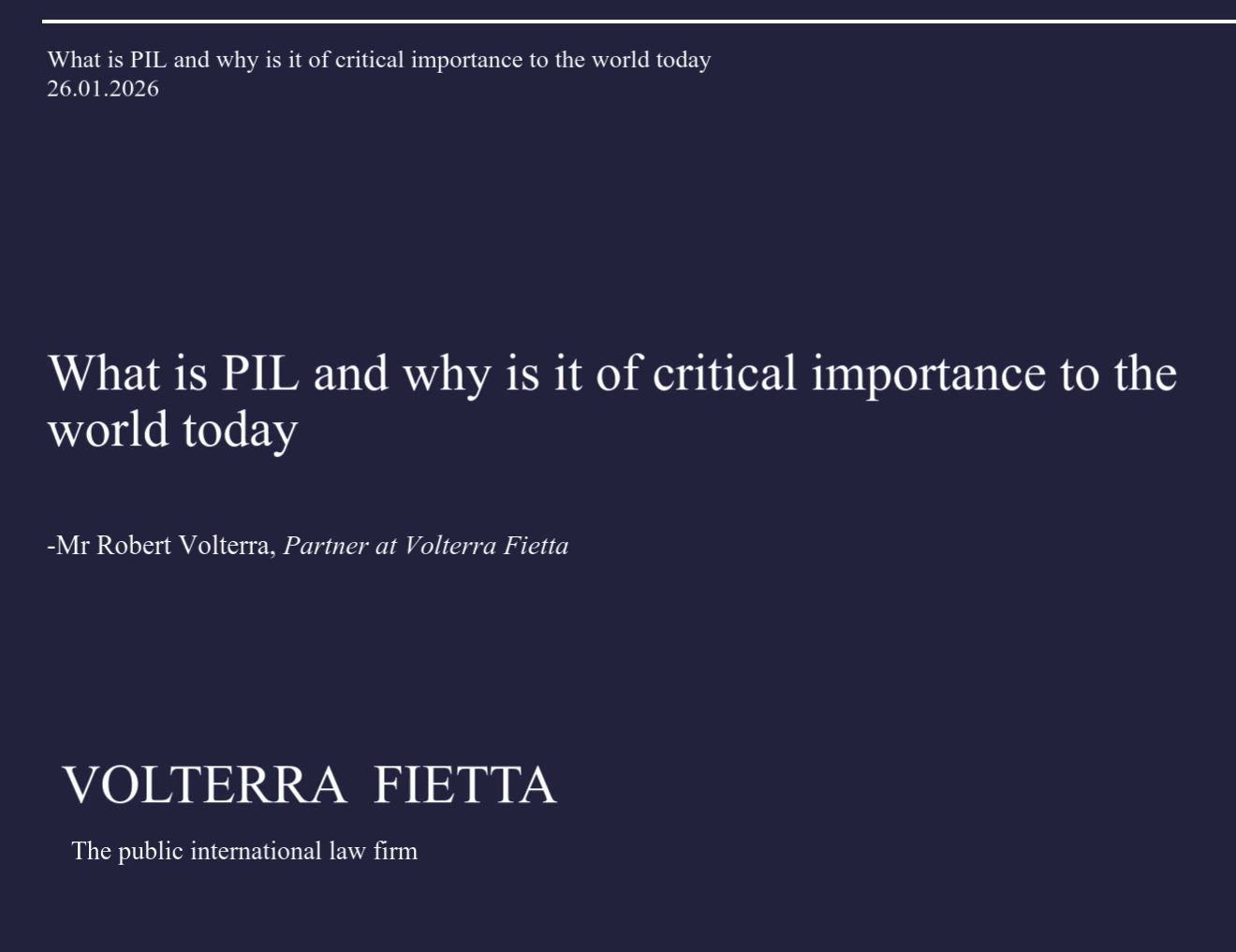ICJ advisory opinions
Advisory opinions issued by the ICJ are rare and valuable. Together with this advisory opinion, the ICJ has issued 29 advisory opinions to date. Advisory opinions carry weight in international law and significantly influence international relations. They provide arguably authoritative guidance as to the existence and content of legal norms applicable to the relevant subjects presented to them in the request for an advisory opinion.
Member States of the United Nations can participate in ICJ advisory opinion proceedings. They do so by providing written and oral statements to the ICJ. International organisations can also participate, if permitted by the ICJ.
Advisory opinions have become more common in recent years. For example, the ICJ is currently conducting other advisory opinion proceedings in regard to climate change and whether workers have a right to strike under international law.
Request of the United Nations General Assembly
On 30 December 2022, the United Nations General Assembly adopted resolution A/RES/77/247 requesting that the ICJ give an advisory opinion on the following two questions:
“(a) What are the legal consequences arising from the ongoing violation by Israel of the right of the Palestinian people to self-determination, from its prolonged occupation, settlement and annexation of the Palestinian territory occupied since 1967, including measures aimed at altering the demographic composition, character and status of the Holy City of Jerusalem, and from its adoption of related discriminatory legislation and measures?
(b) How do the policies and practices of Israel referred to . . . above affect the legal status of the occupation, and what are the legal consequences that arise for all States and the United Nations from this status?”
The advisory opinion of 19 July 2024
In the advisory opinion, the ICJ:
- unanimously, “[f]inds that it has jurisdiction to give the advisory opinion requested”;
- by fourteen votes to one, “[d]ecides to comply with the request for an advisory opinion” (Vice-President Sebutinde voting against);
- by eleven votes to four, “[i]s of the opinion that the State of Israel’s continued presence in the Occupied Palestinian Territory is unlawful” (Vice-President Sebutinde and Judges Tomka, Abraham and Aurescu voting against);
- by eleven votes to four, “[i]s of the opinion that the State of Israel is under an obligation to bring to an end its unlawful presence in the Occupied Palestinian Territory as rapidly as possible” (Vice-President Sebutinde and Judges Tomka, Abraham and Aurescu voting against);
- by fourteen votes to one, “[i]s of the opinion that the State of Israel is under an obligation to cease immediately all new settlement activities, and to evacuate all settlers from the Occupied Palestinian Territory” (Vice-President Sebutinde voting against);
- by fourteen votes to one, “[i]s of the opinion that the State of Israel has the obligation to make reparation for the damage caused to all the natural or legal persons concerned in the Occupied Palestinian Territory” (Vice-President Sebutinde voting against);
- by twelve votes to three, “[i]s of the opinion that all States are under an obligation not to recognize as legal the situation arising from the unlawful presence of the State of Israel in the Occupied Palestinian Territory and not to render aid or assistance in maintaining the situation created by the continued presence of the State of Israel in the Occupied Palestinian Territory” (Vice-President Sebutinde and Judges Abraham and Aurescu voting against);
- by twelve votes to three, “[i]s of the opinion that international organizations, including the United Nations, are under an obligation not to recognize as legal the situation arising from the unlawful presence of the State of Israel in the Occupied Palestinian Territory” (Vice-President Sebutinde and Judges Abraham and Aurescu voting against); and
- by twelve votes to three, “[i]s of the opinion that the United Nations, and especially the General Assembly, which requested this opinion, and the Security Council, should consider the precise modalities and further action required to bring to an end as rapidly as possible the unlawful presence of the State of Israel in the Occupied Palestinian Territory” (Vice-President Sebutinde and Judges Abraham and Aurescu voting against).
Vice-President Sebutinde appended a dissenting opinion. In addition, President Salam, Judge Tomka, Judge Xue, Judge Charlesworth, Judge Brant, Judge Tladi and Judges Nolte and Cleveland appended declarations. Further, Judge Yusuf, Judge Iwasawa, Judge Nolte, Judge Gómez Robledo, Judge Cleveland and Judges Tomka, Abraham and Aurescu appended separate opinions.
For further information, please contact info@volterrafietta.com.



